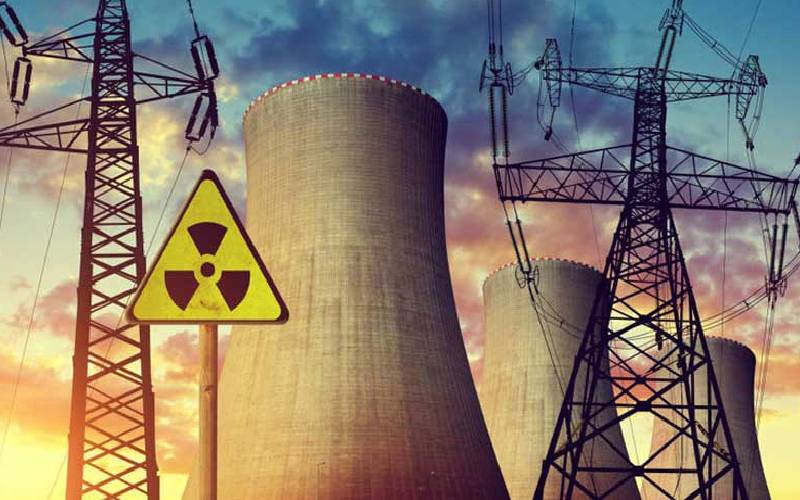×
The Standard e-Paper
Join Thousands Daily

In 2011, United Nations Secretary-General Ban Ki-moon launched the Sustainable Energy For All initiative. The goal was to mobilise all stakeholders to take action towards ensuring universal access to modern energy services within the UN 2030 time-frame.